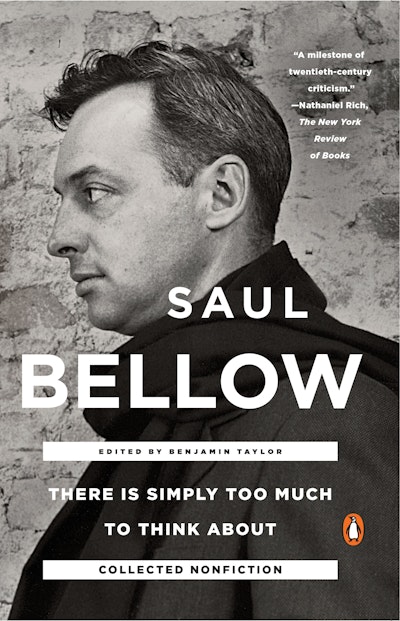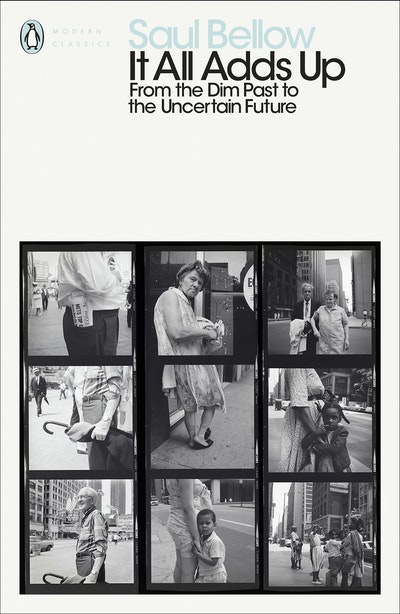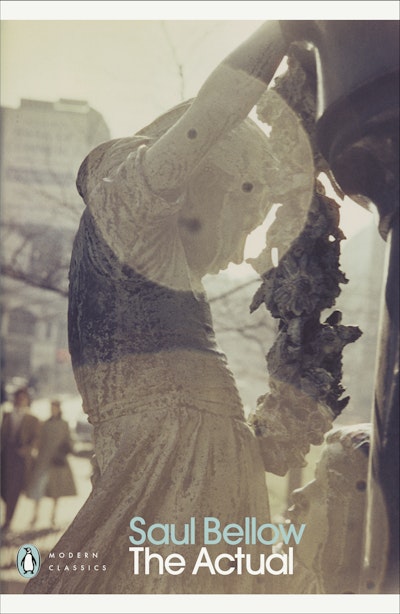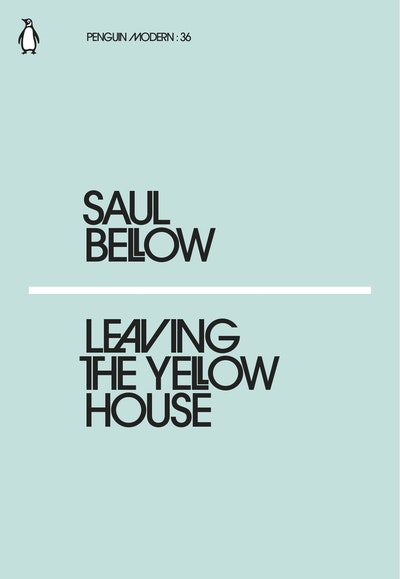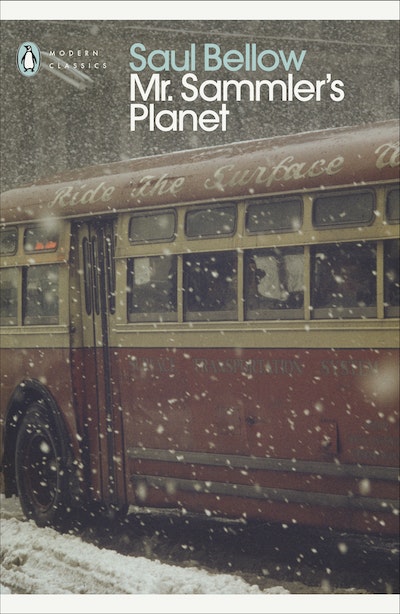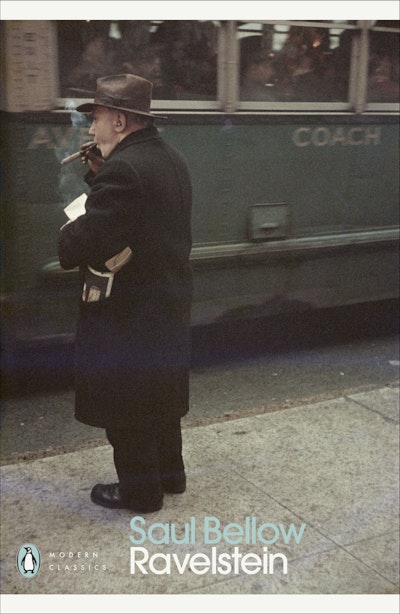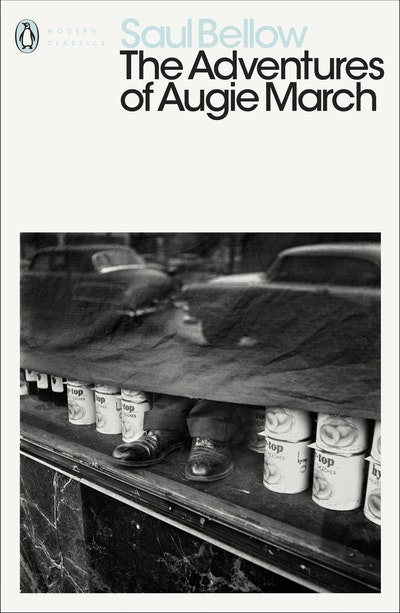- Published: 15 January 2017
- ISBN: 9780143108047
- Imprint: Penguin
- Format: Paperback
- Pages: 544
- RRP: $70.00
There Is Simply Too Much to Think About
Collected Nonfiction
- Published: 15 January 2017
- ISBN: 9780143108047
- Imprint: Penguin
- Format: Paperback
- Pages: 544
- RRP: $70.00
"Rare are the novelists who write nonfiction comparable in strength to their fiction. Now that the bulk of his nonfiction has been drawn together from where the pieces first appeared separately, one sees that, like Henry James and John Updike, the great Saul Bellow was no less the master of the one genre than the other. This book overwhelms one like any artistic treasure newly discovered. When it came to wondrous lucidity in the service of an uncanny literary empathy--to a steady downpour of intelligence--to a direct contact with reality--to a sensibility attuned to the contradictions and the incongruities--he was unrivaled. Like the book of Bellow's correspondence collected several years back by Benjamin Taylor--the same intrepid editor who is the harvester here--There Is Simply Too Much to Think About further extends our sense of Bellow's extremely humane way of experiencing books, people, events, and places. One witnesses his excited mind, in a molten state, running over." -- Philip Roth
"A nonfiction collection celebrates the centennial of Saul Bellow's (1915-2005) birth. . . . Organized by decade, the 57 pieces in this volume, edited by Taylor, trace both Bellow's writing career and his outspoken opinions on politics, literature and intellectual life in America during the second half of the 20th century. . . .This comprehensive collection illuminates Bellow's sense of his own identity and his changing world." -- Kirkus Reviews
"This rich . . . collection of Bellow's reviews, essays, speeches, and interviews illuminate his lifelong exploration of what it means to be an American, a Jew, and a writer. As assembled by Taylor, the pieces succeed in showing that Bellow's calling was, in the novelist's own words, 'not to preach but to relate.'" -- Publishers Weekly
"Rare are the novelists who write nonfiction comparable in strength to their fiction. Now that the bulk of his nonfiction has been drawn together from where the pieces first appeared separately, one sees that, like Henry James and John Updike, the great Saul Bellow was no less the master of the one genre than the other. This book overwhelms one like any artistic treasure newly discovered. When it came to wondrous lucidity in the service of an uncanny literary empathy--to a steady downpour of intelligence--to a direct contact with reality--to a sensibility attuned to the contradictions and the incongruities--he was unrivaled. Like the book of Bellow's correspondence collected several years back by Benjamin Taylor--the same intrepid editor who is the harvester here--There Is Simply Too Much to Think About further extends our sense of Bellow's extremely humane way of experiencing books, people, events, and places. One witnesses his excited mind, in a molten state, running over." -- Philip Roth
"A nonfiction collection celebrates the centennial of Saul Bellow's (1915-2005) birth. . . . Organized by decade, the 57 pieces in this volume, edited by Taylor, trace both Bellow's writing career and his outspoken opinions on politics, literature and intellectual life in America during the second half of the 20th century. . . .This comprehensive collection illuminates Bellow's sense of his own identity and his changing world." -- Kirkus Reviews
"This rich . . . collection of Bellow's reviews, essays, speeches, and interviews illuminate his lifelong exploration of what it means to be an American, a Jew, and a writer. As assembled by Taylor, the pieces succeed in showing that Bellow's calling was, in the novelist's own words, 'not to preach but to relate.'" -- Publishers Weekly
